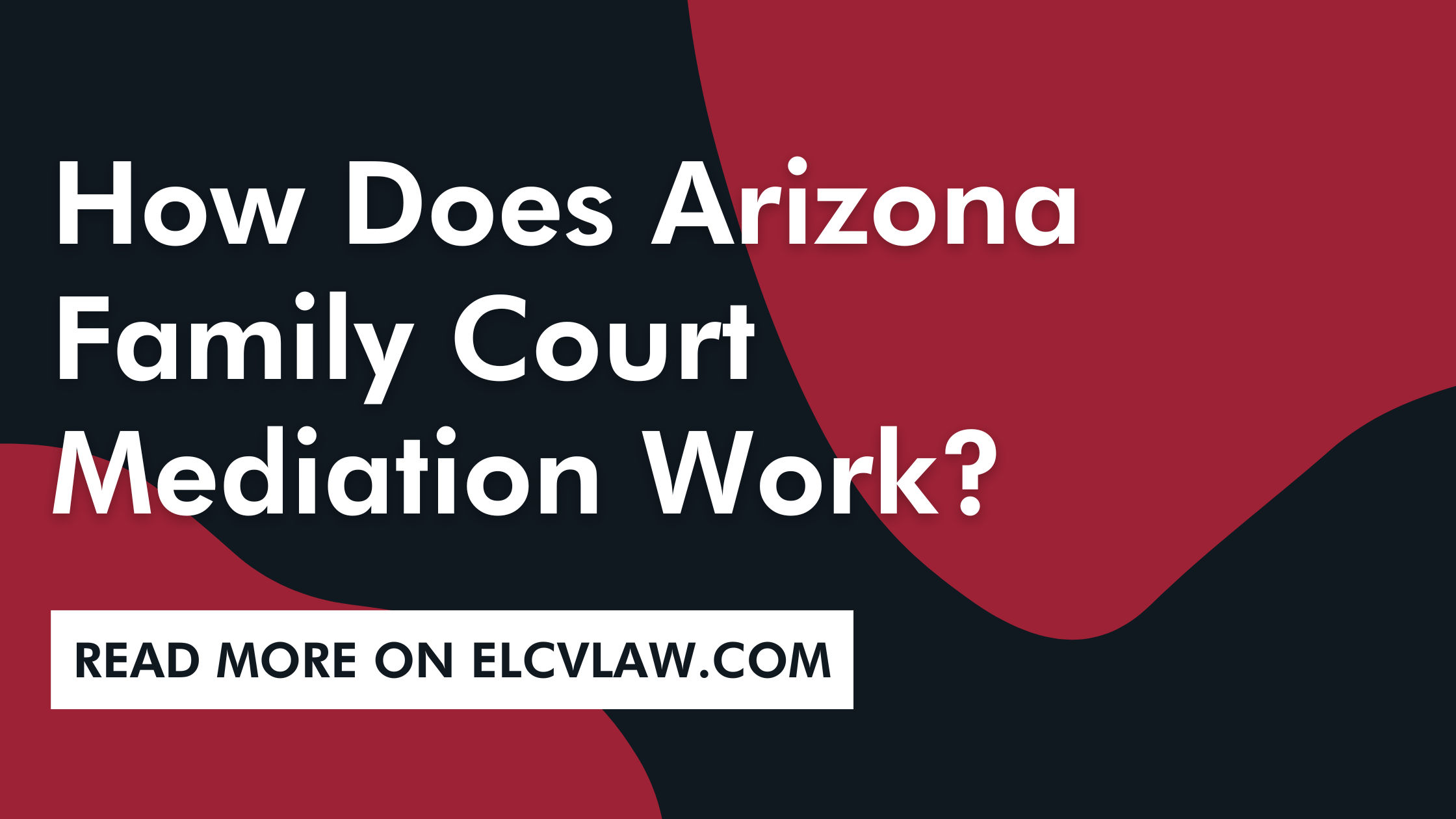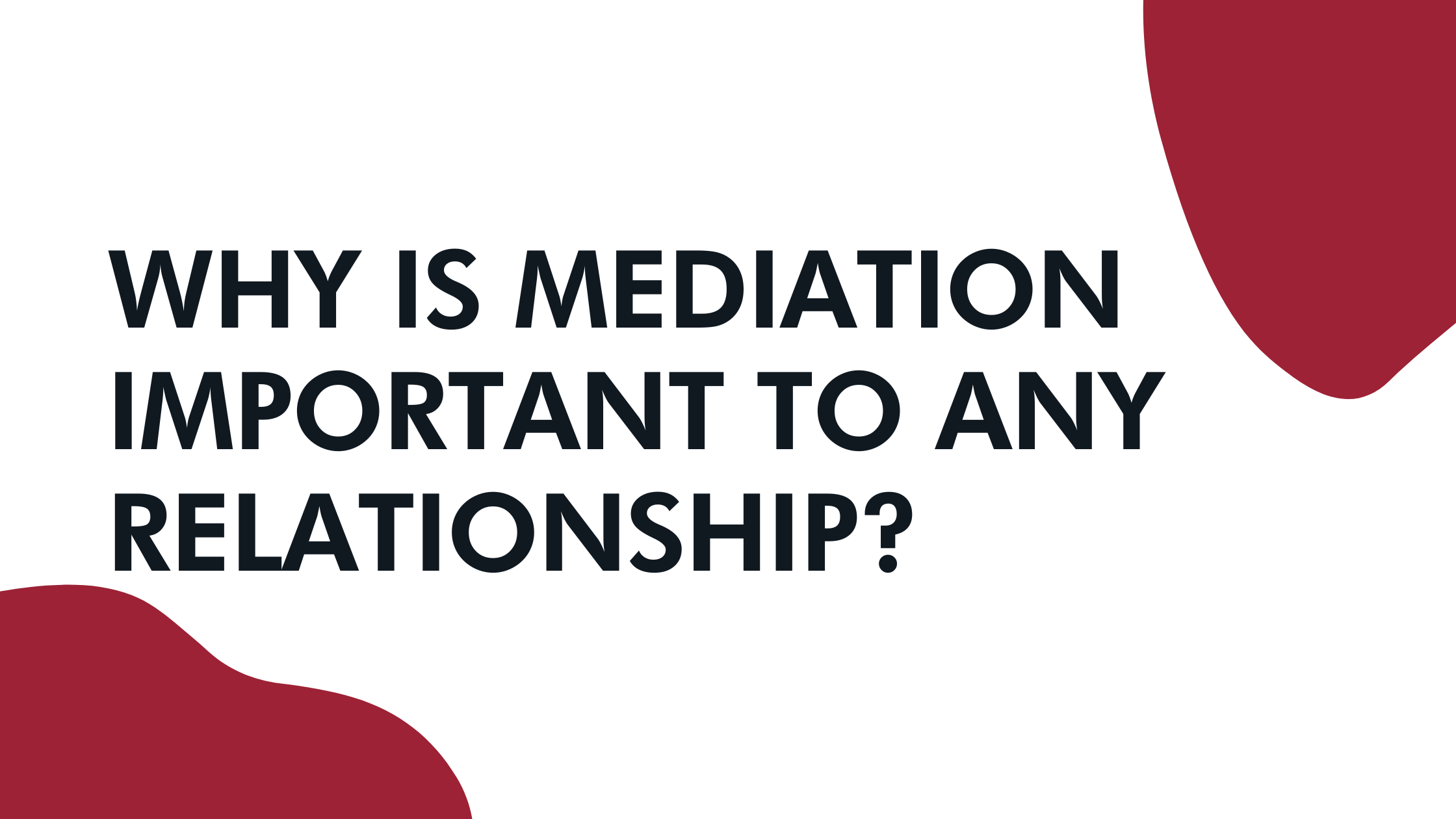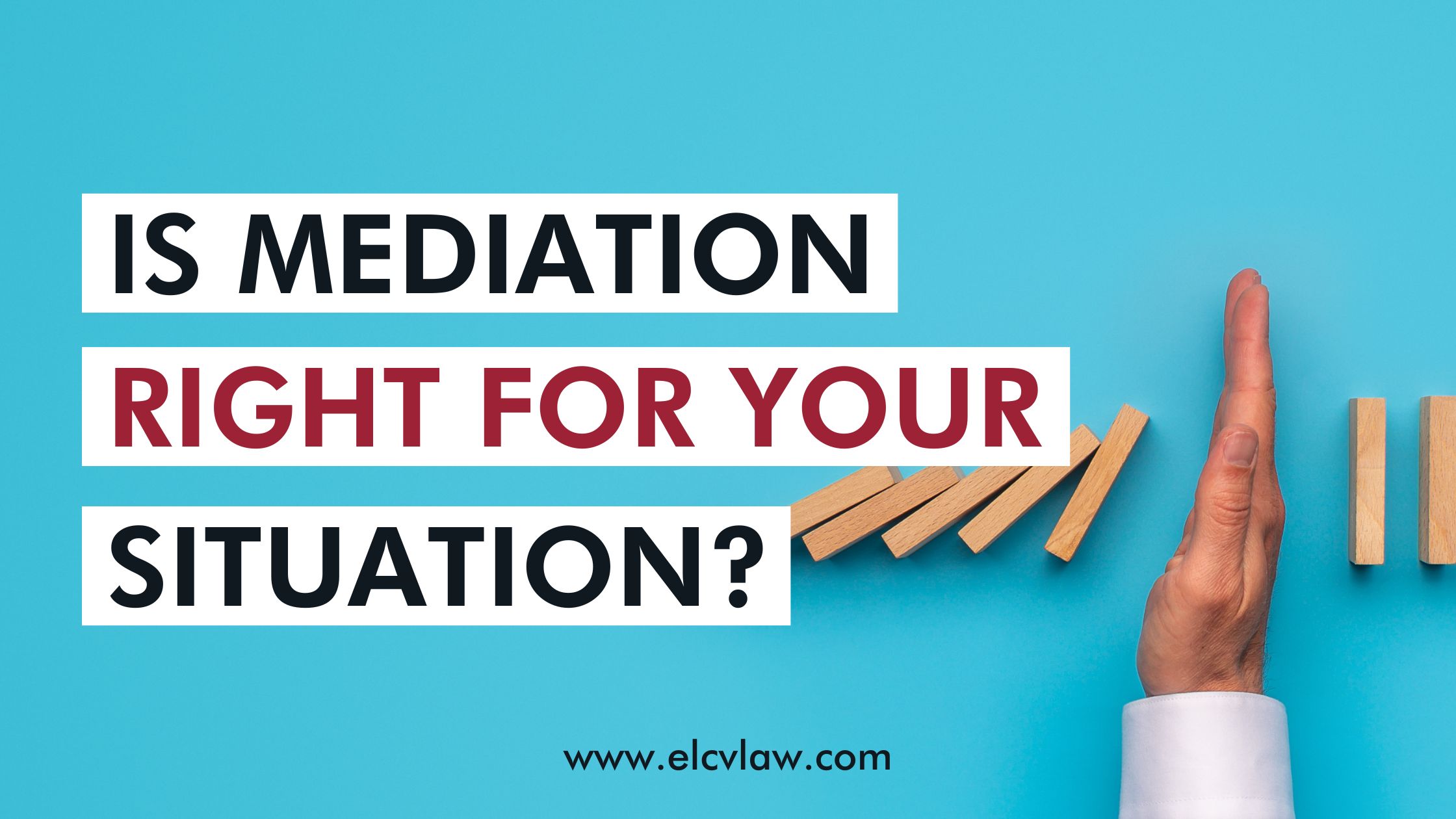How Does Arizona Family Court Mediation Work?
How Does Arizona Family Court Mediation Work?

How Does the Process Work
Preparation
The preparation meeting can be done in person or over the phone. Before the process begins, the mediator will talk to the two parties and discuss the steps for Arizona mediation services. The mediator can also answer any questions you may have before beginning the official sessions. This part of the process is an excellent time to discuss any worries or fears that may arise.
Opening Statements
The mediation sessions begin with the mediator giving the opening statements. The statements will help the mediator get a better sense of the issue and know how to guide the discussion. The mediator will discuss their role and confirm both parties are willing and agree to mediation. Once both parties agree, each party will discuss the issue and present their side. The mediator’s role is to remain unbias throughout the entire process. At this point, it is also a good idea to inform the mediator if a marital contract or agreement is already in place.
Joint Discussion
A joint discussion is when both parties and the mediator discuss everything presented in the opening statements. Here, the mediator unbiasedly guides the conversation by bringing up essential and relevant talking points. The spouses should prepare to discuss everything from the division of marital assets to where and with whom the child or children should live.
Private Discussion
After the group has discussed the situation together, the mediator meets with each person individually. In the private discussions, the mediator will inform each person of their position’s strong and weak points and help them understand what a court would likely determine. The mediator will also help the individuals strategize on how to make a compromise.
Negotiation
Settlement
Mediation in Cases of Domestic Violence
Cases of domestic violence are complicated to sort out with mediation. The perpetrator will almost always be aggressive and try to intimidate the other partner, making reaching a fair and appropriate agreement challenging. Cases of domestic violence must always go to court.
ELCV Arizona Family Court Mediation
Mediation is an excellent choice for parents who want to find a fair and amicable solution for separating marital assets and custody of their children. Aside from working out child custody, at ELCV LAW, we can also guide you through the use of mediation to discuss divorce modifications, child protection services matters, and property division.
ELCV LAW is an attorney specializing in Family Law in Tucson. Attorney Erika L. Cossitt Volpiano is a meditation expert, ensuring that parents cannot use meditation as a tool against their spouses but rather as a way to reach a positive outcome for all concerned. Take control of your future, and contact ELCV LAW today at 520-795-2235 or visit our website at www.elcvlaw.com.
Disclaimer: The content in this article is for informational purposes only and should not take the place of actual legal advice. Not all circumstances are the same, and it is suggested that you should seek legal counsel if you need assistance in any of these areas.







